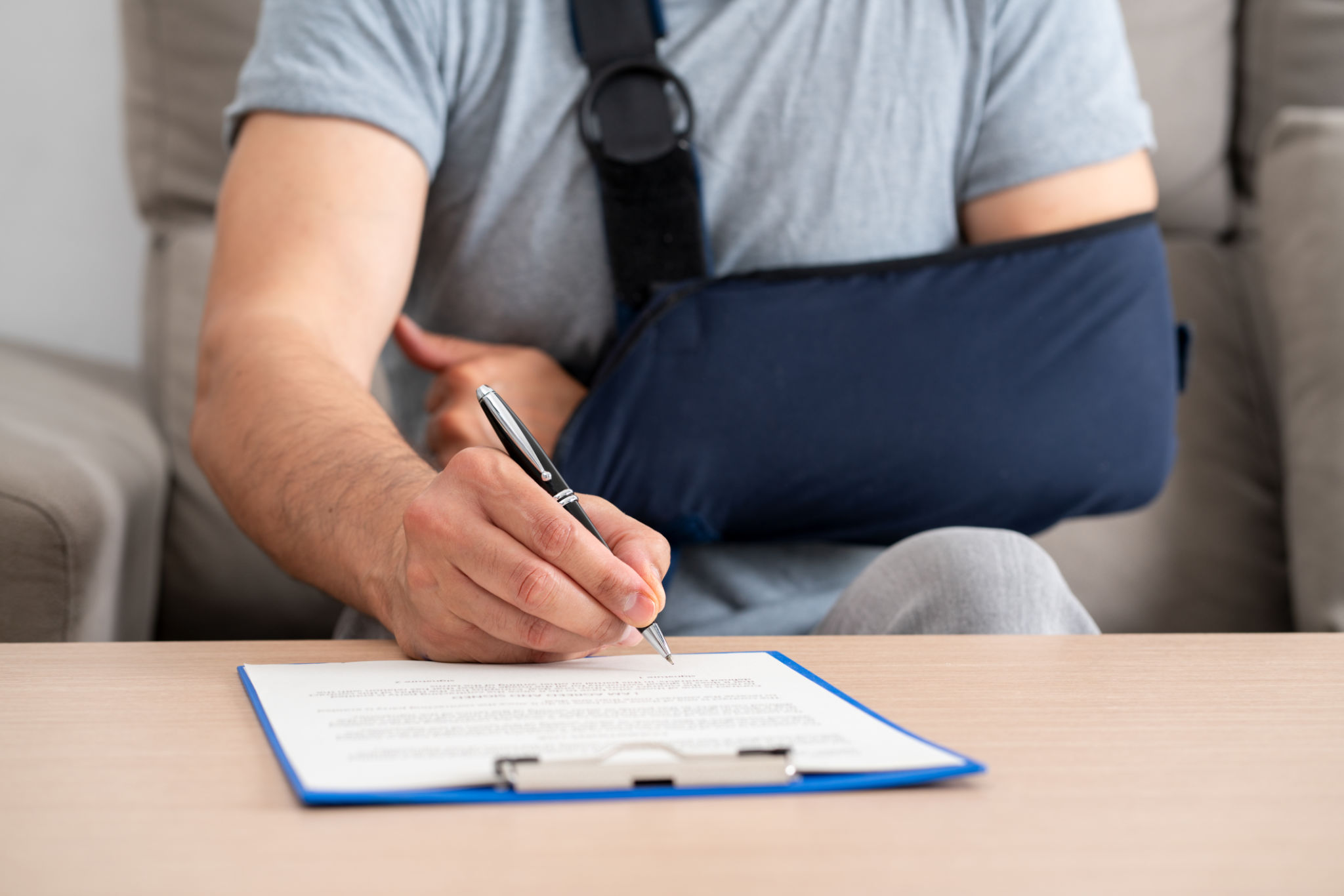How Orthopaedic Surveys Can Enhance Local Healthcare Services
Understanding the Role of Orthopaedic Surveys
Orthopaedic surveys play a crucial role in enhancing local healthcare services. These surveys provide valuable insights into the prevalence and impact of musculoskeletal conditions within a community. By gathering data directly from patients and healthcare providers, these surveys help identify trends, common conditions, and potential areas for improvement in orthopaedic care.
The information obtained from orthopaedic surveys can guide local healthcare facilities in tailoring their services to meet the specific needs of the community. This targeted approach not only improves patient outcomes but also ensures efficient use of resources. Furthermore, the data collected can support public health initiatives by highlighting the need for preventive care and education.

Enhancing Treatment Strategies Through Data
One significant benefit of conducting orthopaedic surveys is the enhancement of treatment strategies. By analyzing survey data, healthcare providers can better understand which treatments are most effective for various conditions. This insight enables them to develop personalized care plans that address individual patient needs.
Additionally, surveys can reveal gaps in current treatment protocols, prompting research and innovation in orthopaedic care. As a result, local healthcare services can stay at the forefront of medical advancements, ensuring that patients receive the best possible care.

Supporting Resource Allocation
Orthopaedic surveys are instrumental in supporting effective resource allocation within local healthcare systems. By identifying common conditions and their prevalence, healthcare administrators can allocate resources more efficiently, ensuring that facilities are well-equipped to handle patient demands.
This strategic allocation not only improves patient care but also reduces wait times and enhances the overall patient experience. Furthermore, it allows healthcare providers to prioritize investments in technology and training that will have the most significant impact on patient outcomes.

Improving Patient Education and Awareness
Patient education is a critical component of effective healthcare delivery. Orthopaedic surveys help identify areas where patients may lack knowledge or awareness about their conditions. Armed with this information, healthcare providers can develop targeted educational programs to address these gaps.
These programs can empower patients to take an active role in managing their health by providing them with the tools and knowledge they need to make informed decisions about their care. Ultimately, improved patient education leads to better adherence to treatment plans and healthier outcomes.
Facilitating Community Engagement
Orthopaedic surveys also play a key role in facilitating community engagement. By involving patients and healthcare professionals in the survey process, local healthcare services can foster a sense of collaboration and trust. This engagement encourages patients to share their experiences and concerns, providing valuable feedback that can drive improvements in care delivery.
Moreover, community involvement in orthopaedic surveys can lead to increased awareness of musculoskeletal health issues, promoting a proactive approach to prevention and management. This collective effort contributes to a healthier community overall.

Conclusion
In conclusion, orthopaedic surveys are a powerful tool for enhancing local healthcare services. By providing detailed insights into musculoskeletal health trends, treatment efficacy, and resource needs, these surveys enable healthcare providers to deliver more personalized, efficient, and effective care. Through improved treatment strategies, resource allocation, patient education, and community engagement, orthopaedic surveys contribute significantly to the advancement of local healthcare systems.
